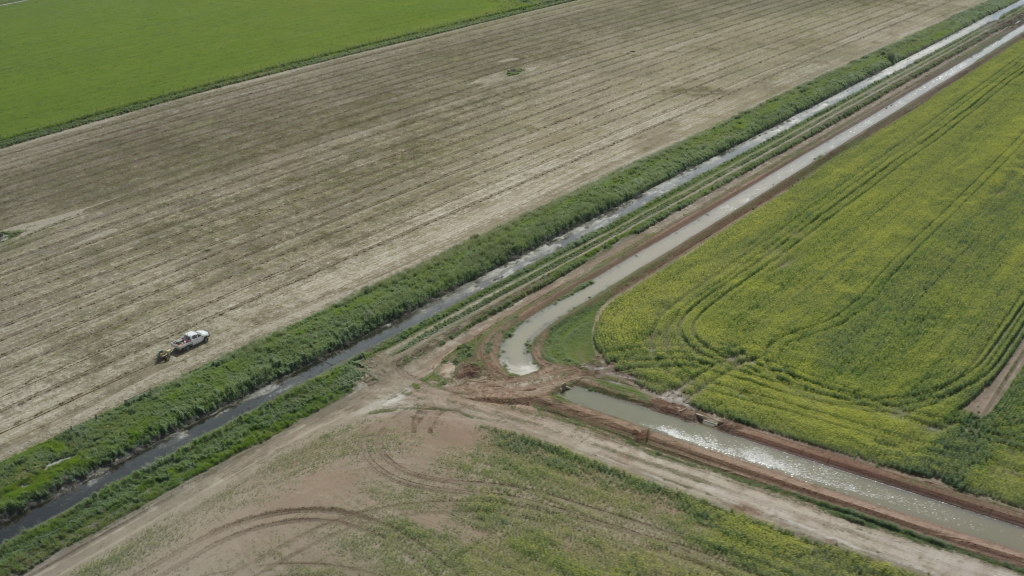This winter crop season, Kilter’s Australian Farmlands Fund has seen an initial canola crop sown using new technology developed by Loam Bio. The technology harnesses the power of tiny dark microbes, which have proven to draw down and store vast amounts of carbon, as well as improve soil health and increase crop yields.
Loam Bio is a world-leading Australian biotech business. Its primary objective is to scale up a naturally occurring carbon sequestration process via the largest land management cohort on earth; the world’s farmers. The technology is microscopic, a fungi that exist in our soils and is applied to seeds at planting.
In simple terms, the fungi super-charges a plant’s carbon sequestration capacity. Field trial results have ranged from encouraging to downright spectacular.
Loam Bio has partnered with the Shopify Foundation as part of their $5M USD annual investment towards emerging climate mitigation technology. Kilter Rural is working with Loam Bio on the delivery of this project by managing the farmland, with Shopify agreeing to pay a price per tonne of CO2-e in a voluntary carbon market project.
The overarching shared objective is to demonstrate a scaled soil carbon project that embeds into a commercially run cropping operation.
Loam Bio CEO and Co-Founder, Guy Hudson, said that the collaboration with Kilter Rural was a natural fit with Kilter widely recognised as a leading impact asset manager.
“We are excited to work with Kilter Rural because we know that as a land management partner, they are totally in alignment in our purpose of creating sustainably produced food whilst contributing meaningfully towards atmospheric carbon drawdown”
“Microbial carbon removal promises to be a key climate change solution because it is affordable, long-term and scalable. Using our products on crops widely will help agriculture fulfil its potential in being a key industry to address climate change”.
Commenting on the initiative, Kilter Rural Investment Manager Angus Ingram said that the implications of the collaboration were significant.
“If major crop types such as canola, soybean, wheat or barley can all increase the small amount of carbon they permanently fix into agricultural soils, then the potential for meaningful atmospheric drawdown is enormous.”
Kilter Rural have recently released their 2021 ESG Report for the Australian Farmlands Fund lands located in Northern Victoria. Read the full report
